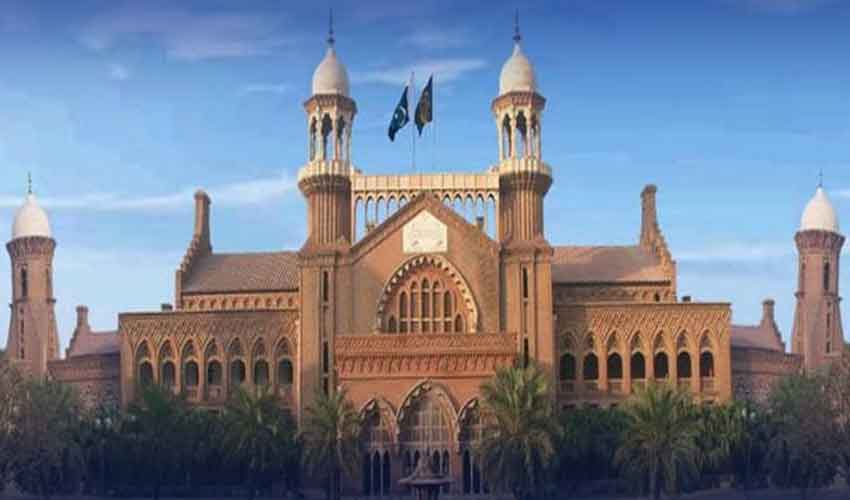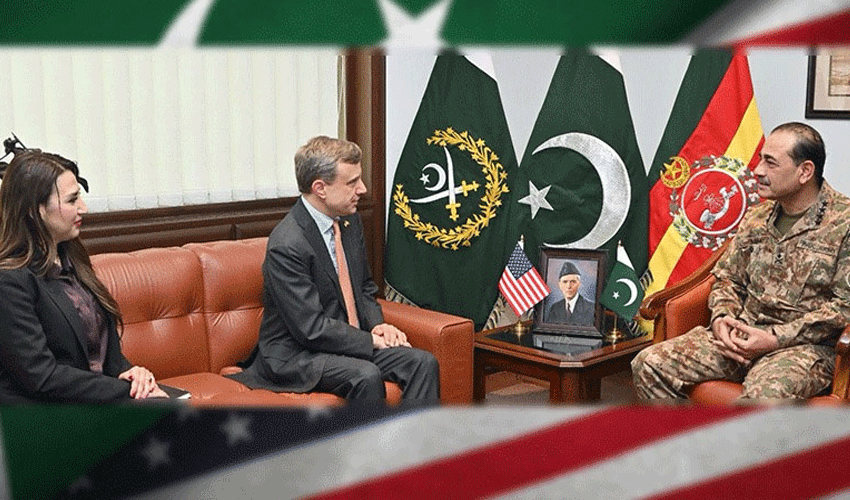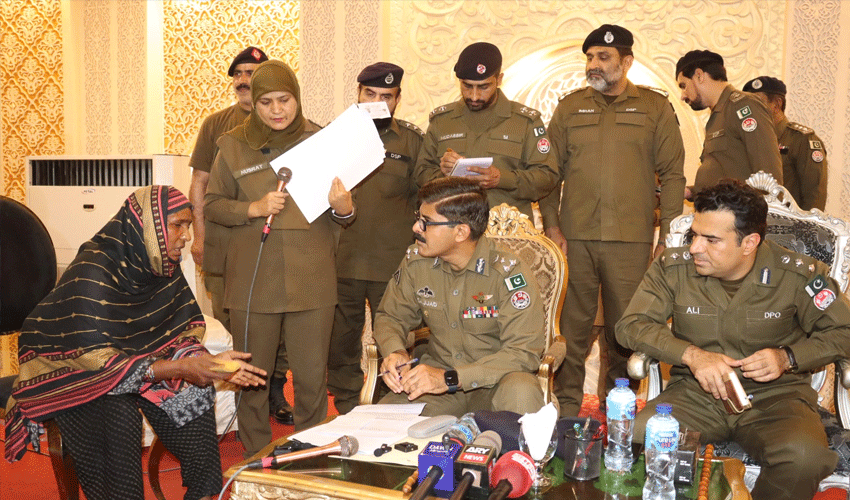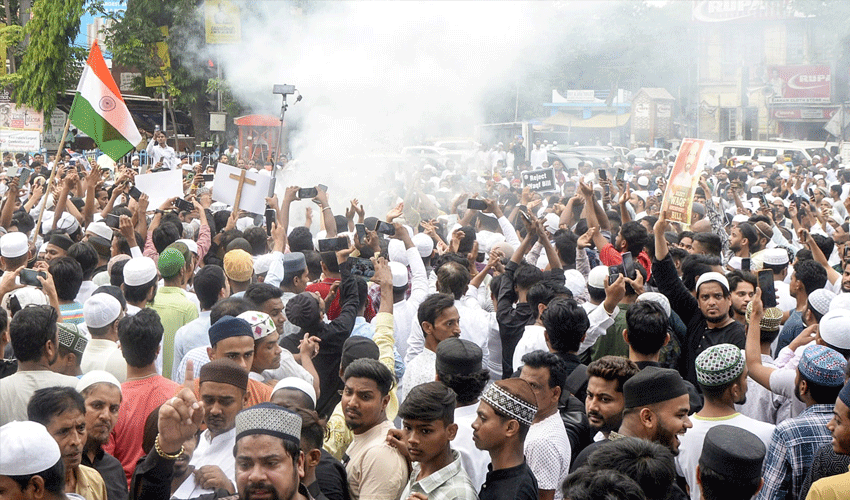The Sunni Ittehad Council (SIC) has challenged the Election Commission of Pakistan's (ECP) decision to deny them reserved seats in the Punjab Assembly in the Lahore High Court.
The ECP had previously rejected the SIC’s request, citing their failure to submit the required list of candidates before the elections.
A citizen named Mian Shabbir Ismail petitioned the court, asserting that the ECP, though not a tribunal or court, should allocate reserved seats in line with Assembly representation.
Contesting the electoral watchdog’s decision, the petitioner argues that denying the Sunni Ittehad Council reserved seats amounts to constitutional overreach. Specifically, Section 104 Rule 94 of the Election Act is challenged as unconstitutional.
He further argues that the SIC should be awarded reserved seats in proportion to their strength in the Assembly, regardless of whether they contested the election under their own banner or not.
The petition goes on to claim that the ECP's decision is akin to amending the Constitution, which is beyond their legal power. It also challenges the legality of Section 104 Rule 94 of the Election Act, under which the ECP made its decision.
This development comes after the ECP, in a 4-1 decision, rejected the SIC's request for reserved seats for women and minorities. The ECP had previously granted the SIC an extension of two days to submit their candidate list, which they failed to do.
The SIC had previously filed a similar petition in the Peshawar High Court, but this latest move in the Lahore High Court signifies an escalation in their legal challenge. The court will now decide whether to hear the petition and potentially overturn the ECP's decision.
The ECP had previously rejected the SIC's request for reserved seats, citing their failure to submit the required list of candidates before the elections. The judgment stated that the ECP had extended an extra two days for submitting the list, which the SIC did not utilize.
The SIC contests this decision, arguing that their independent candidates in the general election are effectively part of the alliance and should be considered for reserved seats. They also point to past instances where parties submitted reserved seat lists after the election.



























